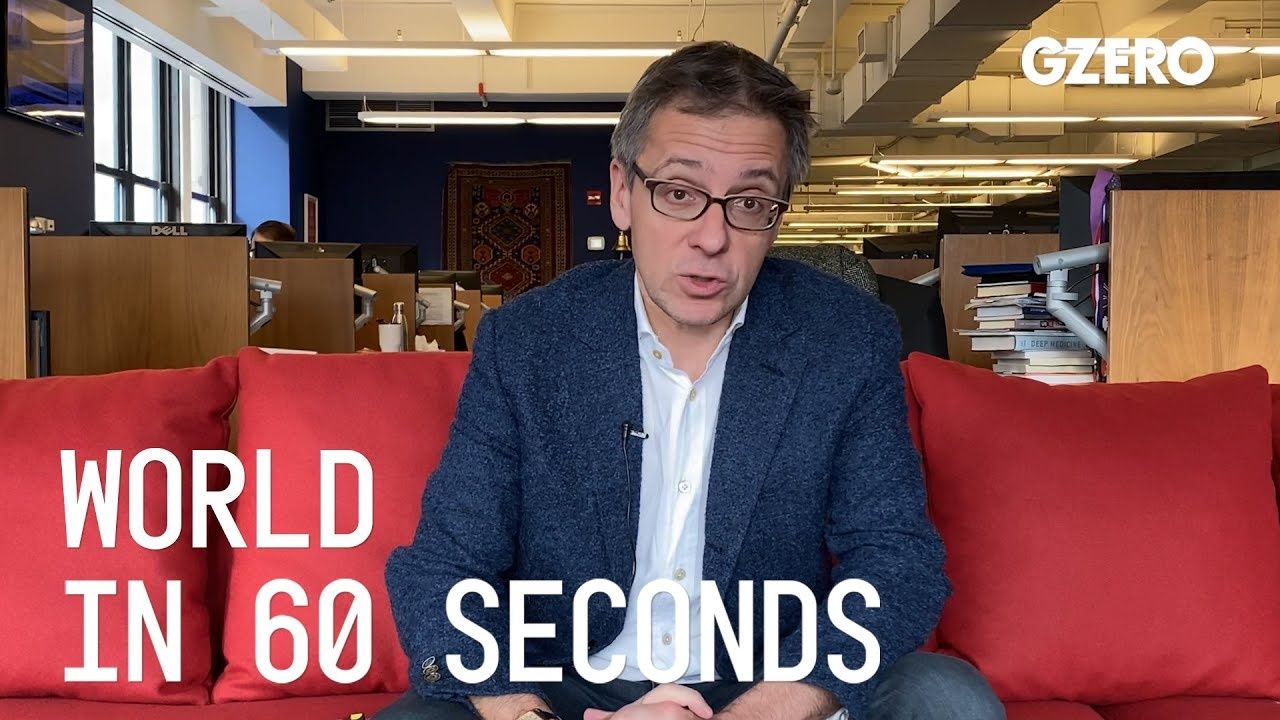
It is a significant departure in American diplomacy vis-à-vis Israel and Palestine. One big reason for that is that the realities of geopolitics in the Middle East have changed. Today, Israel–Palestine is not a particularly divisive issue of high priority among most of the Arab world. When you ask them what are the things they most worry about, they say Iran, they say Al-Qaeda and ISIS, they say domestic political developments, they say Yemen and Syria and Iraq and Libya.
The position of the Palestinians on the ground is a lot weaker than it used to be. They have less territory, there's been expansion of Israeli settlements despite international outcry against it. The Israelis no longer need Palestinian labor the way they used to — they have an Iron Dome around Israel, provided with American military support, that stops the Palestinians from being able to threaten the Israelis as much with missiles coming over. They have strong surveillance that makes it really hard for the Palestinians to engage in asymmetric warfare against Israel. All of that means that the Palestinians are frankly in a much worse position today than they were five, ten or twenty years ago. Trump Administration policy reflects that.